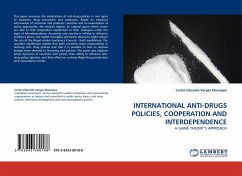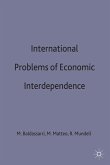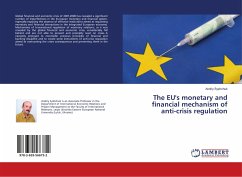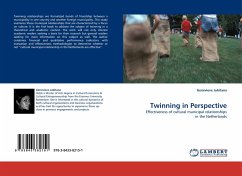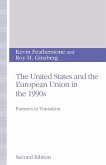This paper examines the implications of anti-drug policies in two types of countries: drug consumers and producers. Based on empirical information of consumer and producer countries and an examination of policy approaches, the analysis depicts an original game where actors are able to find cooperative equilibrium in their strategies under the logic of interdependence. Assuming one country is willing to influence another's policy, the model concludes symmetric decisions might reduce the size of the illegal market reaching a Cournot - Nash equilibrium. The resultant equilibrium implies that both countries share responsibility in defining anti- drug policies and that it is possible to find an optimal budget share devoted to financing said policies. The paper also explores policy dynamics of countries with power, their ability to influence anti-drug policy agendas, and their effect on curbing illegal drug production and consumption trends.
Bitte wählen Sie Ihr Anliegen aus.
Rechnungen
Retourenschein anfordern
Bestellstatus
Storno

